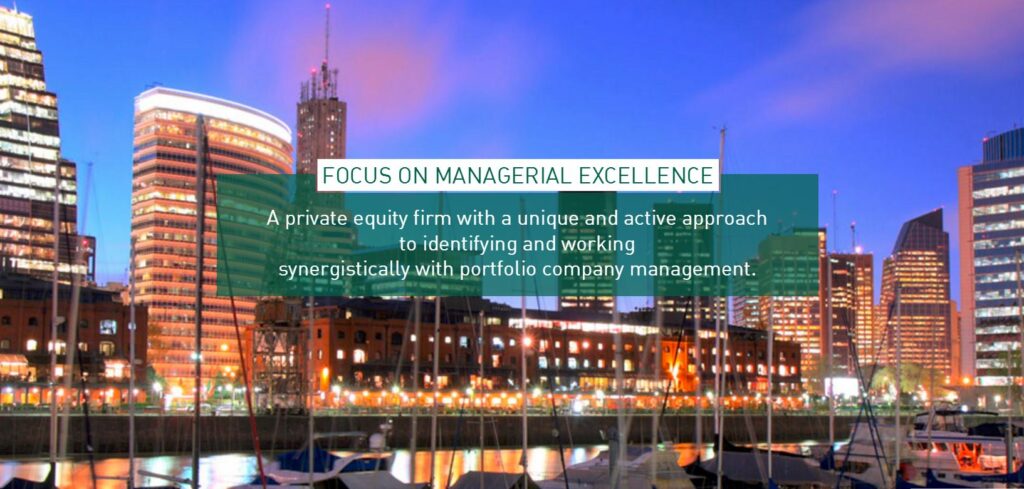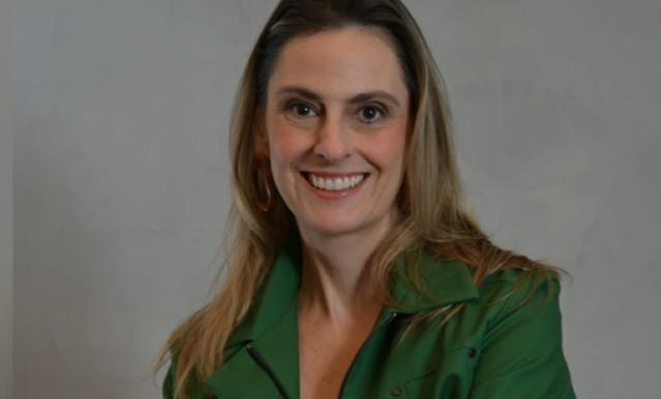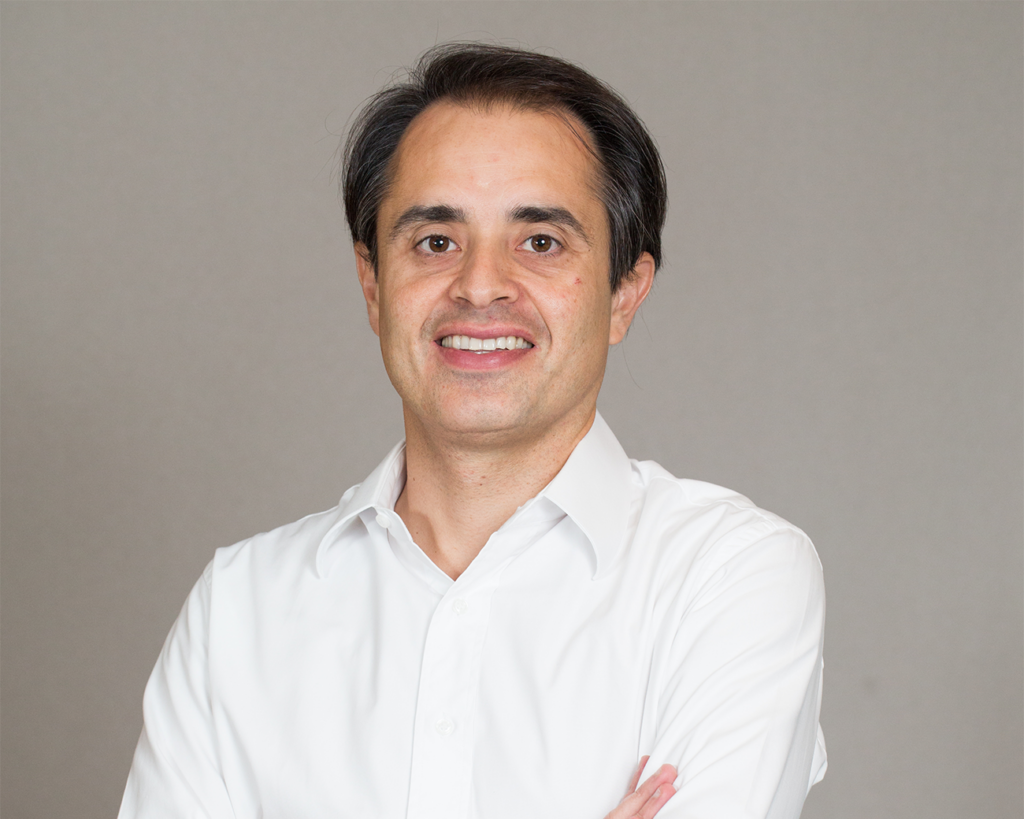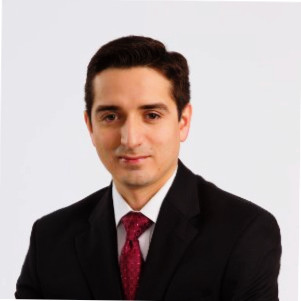Member Profiles
Ricardo Rodriguez, Founder and Partner, Southern Cross Group
24 September 2015

LAVCA spoke with Ricardo Rodriguez, Co-Founder of long-standing pan-regional fund manager Southern Cross Group, to learn more about their sector agnostic approach and how the shifting macroeconomic environment in the region is creating the most active pipeline they have seen in their 18 year history investing in the region.
LAVCA: Please provide some background on Southern Cross Group
Rodriguez: Southern Cross was founded in 1998 and is one of the leading and longest standing private equity firms dedicated to Latin America. We have the largest regional footprint with offices located in Mexico City, Mexico; São Paulo, Brazil; Bogotá, Colombia; Santiago, Chile and Buenos Aires, Argentina. Since inception, we have raised over $2.8 billion across four fund vehicles.
LAVCA: What is your background? What factors led the founding team to create Southern Cross?

Rodriguez: Prior to co-founding Southern Cross in 1998, I served as head of Latin American Investment Banking for Smith Barney and, prior to that, served as head of Latin American Mergers & Acquisitions for Morgan Stanley from 1991 to 1993. While at Morgan Stanley and Smith Barney, I served as the exclusive advisor to the Bemberg Group and its largest operation, Quilmes Industrial, the Southern Cone’s dominant beer producer. It was in this capacity that I met and worked closely with Norberto Morita, who was serving as the Chief Executive Officer of the Bemberg Group and Quilmes Industrial. During his 12 year tenure, Norberto increased Quilmes’ operating earnings from $11 million to $148 million and its public market equity valuation from $50 million to $1.4 billion. Given our success working together, we decided to found Southern Cross to make value-oriented investments in Latin American companies that have significant potential for improved performance and growth.
LAVCA: How does the current environment in Latin America today influence the size of deals you might be seeking? Overall, what is the typical ticket size of your investments? Do you normally take control positions in companies or minority stakes?
Rodriguez: The size of companies that we target has not changed in the current environment. Over the last ten years, we have consistently targeted opportunities that require equity commitments of $50-250 million. While the size of the company we target has not changed, the amount of attractive opportunities in our pipeline has significantly increased over the last 6 to 12 months. We focus on acquiring controlling stakes in target companies as the lead investor. This has been the case in all of our investments to date as we feel it is critical to have significant influence over our portfolio companies in order to drive necessary operational and strategic initiatives.
LAVCA: Have you seen the shifting macroeconomic environment in the region affect valuations and deal opportunities?
Rodriguez:Yes, we have seen valuations come down substantially over the last 12 to 18 months as a result of the significant depreciation of local currencies against the US dollar and lower than expected economic growth over the short term. As a US dollar investor, the current environment for capital deployment is therefore particularly attractive.
As mentioned above, our pipeline is more active than it has ever been. We have experienced a number of cycles in Latin America over our 18 year history and believe that we are well-positioned to capitalize on the current environment given that experience and our operationally intensive strategy. We believe the current headwinds in the region will not be as severe as past cycles given public debts levels and the robust demographics of the local economies. With that said, many local companies, especially those that are undermanaged and/or overleveraged, are experiencing operational and financial challenges. This dynamic creates excellent buying opportunities for us to acquire businesses with high quality assets at attractive valuations.
LAVCA: As a pan-regional fund, what countries are most attractive to you currently and why? Given the firm’s history in Argentina, what are your expectations around investment opportunities after the election later this year?
Rodriguez:We are seeing more activity in Mexico, Brazil, Colombia, Chile and Peru. We feel that it is critical to be truly pan-regional in Latin America as each country has their own dynamics and cycles. As such, we have the flexibility to choose from the largest pool of target companies and are not forced to deploy capital into any specific country over our investment period.
Notwithstanding recent short-term headwinds, we believe that certain long term trends will continue to create excellent opportunities for value-added investors throughout the region. For example, favorable demographics, coupled with rising incomes, are driving growth across numerous large and underpenetrated sectors. In addition, increasing regional and international economic integration is driving an accelerating trend of consolidation, formalization and professionalization across many industries. When taken together, these trends are creating an environment in which well-managed and adequately capitalized businesses can gain market share and establish leading positions within large and rapidly growing industries across each of these countries.
We remain cautiously optimistic about Argentina in the short term. Elections are scheduled for October 25, which we believe will cause the business environment to improve, no matter which of the candidates is elected. We think it is extremely important to remain micro-focused to invest in Argentina, selecting assets by their individual merits – such as export capacity – rather than taking a generalized, sector view.
LAVCA: Southern Cross Group seems to be largely sector agnostic – why? How do you invest successfully across a wide range of sectors, from entertainment to pharmaceutical, and oil & gas? What sectors are attractive today and why?
Rodriguez: We employ a bottom-up approach to identifying companies where significant value can be created. During our evaluation process, we thoroughly analyze a target company in order to gain a deep understanding of the necessary strategic and/or operational changes required to transform the company into an industry leading business with sustainable competitive advantages. Many of the challenges that our target companies face are similar, regardless of industry, and include: lack of professional management and governance; misaligned management incentives; fragmented ownership, resulting in a lack of strategic focus; inappropriate capital structures; underutilized assets; and poorly designed and implemented operational and financial strategies. In order to implement the necessary changes, we leverage the significant private equity and operating experience of our investment team, the majority of which has held senior operating positions.
The current sectors that we find attractive include: consumer products, energy, environmental services, industrial services, entertainment, homebuilding, media, pharmaceuticals and retail. These sectors benefit from the long-term trends mentioned above.
LAVCA: Please describe some of your portfolio companies. How has Southern Cross added value?
Rodriguez: GasAtacama, a Fund III investment, was an integrated electricity and natural gas company in northern Chile. Prior to our acquisition, GasAtacama was an orphaned subsidiary of CMS Energy and was on the verge of declaring bankruptcy. We saw a business with solid underlying assets that was significantly undermanaged. By renegotiating the company’s existing contracts, signing long-term PPAs and developing alternative uses for the company’s existing pipeline, we successfully restructured the business and returned it to profitability. We exited our investment in April 2014 for a Gross MOIC of 5.4x and a Gross IRR of 45.2%.
Brinox, our first investment out of Fund IV, is the second largest houseware products company in Brazil. Prior to our acquisition, Brinox was a family-owned business with a strong growth history and competitive position but exclusively sold stainless steel houseware products. We saw an opportunity to professionalize the business, expand the company’s product portfolio into new materials and categories, and improve the sales and marketing efforts. As a result of these organic and inorganic growth initiatives, Brinox is now the number one player in plastics homeware products and has expanded into aluminum, porcelain, glass and paper products. Despite the low to negative growth environment in Brazil, the company is growing rapidly and gaining market share.
Planigrupo, another Fund IV investment, is the leading privately-owned, fully integrated developer of shopping malls in Mexico. Prior to our acquisition, Planigrupo was a family-owned business that only managed shopping malls under a traditional fee-developer model. We saw an opportunity to create a leading fully integrated developer and manager that owns the properties it operates and receives a recurrent, proprietary flow of income to take advantage of the underpenetrated and rapidly growing real estate market in Mexico. As a result of our initiatives, the company now manages, owns and operates over 30 shopping mall centers, a substantial increase from 14 at the time on our investment. Additionally, the company has a national presence in Mexico and a strong development pipeline, including properties in Colombia, Peru and Central America.
LAVCA: What is the strategy for exiting your investments? Who are potential buyers? Have you seen any significant trends in exits for the region?
Rodriguez: Due to the unpredictability of cycles in the region, we take an opportunistic and flexible approach to exiting investments. We have a long-term ownership mentality, focusing primarily on companies that, due to the nature of their operating cash flows, provide multiple avenues for realizing value. The vast majority of our exits have been to strategic buyers, which have generally occurred at a substantial premium to our carrying value six months prior to exit. We believe this “premium” represents that the attractiveness and strategic importance of our portfolio companies, as many are the number one, two or three market player in its respective industry. We have also exited businesses to financial buyers and through the public markets.
You may be interested in...
-

Luciana Antonini Ribeiro, eB Capital
Executive: Luciana Antonini Ribeiro, Co-Founder and CIO Member Name: eB Capital Year...
-

Cristiano Gioia Lauretti, Kinea Private Equity
Member: Kinea Executive: Cristiano Gioia Lauretti, Head of Private Equity HQ: São...
-

Maria Pia Iannariello, MGM Innova Capital
LAVCA recently spoke with Maria Pia Iannariello, Co-Founder & COO of MGM Innova Capital,...
-

Rafael Ramirez, Portfolio Manager, Alaska Permanent Fund Corporation
LAVCA recently spoke with Rafael Ramirez, Portfolio Manager– Private Equity &...